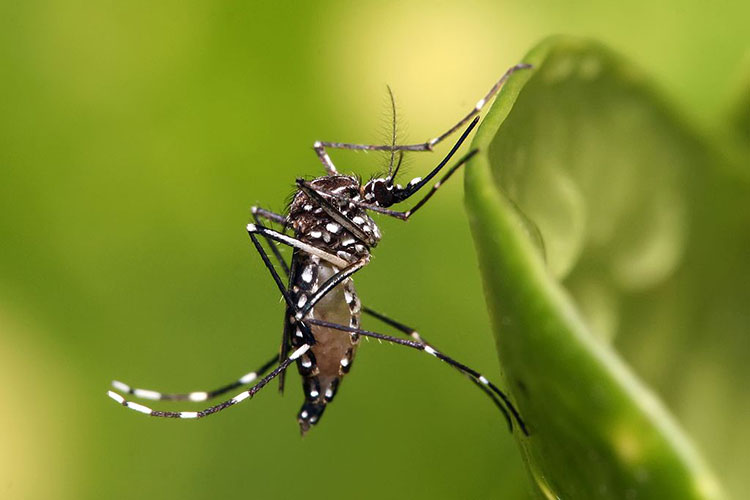
Children who were exposed to dengue virus might get protected from the symptoms of Zika, According a study led by UC Berkeley researchers and the University of Michigan.
Of the children who were infected with Zika, the team found that
those with a prior dengue infection were 38 percent less likely to
develop symptomatic Zika than children who hadn’t been exposed to
dengue. Both viruses are transmitted by mosquitoes.
“We don’t think that that dengue immunity protects from
being infected, or at least it doesn’t look like that is the case in our
study,However, for children who were infected with Zika, prior dengue exposure protected them from symptomatic Zika disease.” said Aubree Gordon, assistant professor of epidemiology at the
University of Michigan’s School of Public Health and lead author of the
study, published in Plos Medicine.of which the abstract is below.
For the study, Gordon and her collaborators, including
senior author Eva Harris, a professor of infectious diseases and
vaccinology at UC Berkeley’s School of Public Health, used data from
their Pediatric Dengue Cohort Study (PDCS), a pediatric dengue cohort
established in 2004 in Managua, Nicaragua.
Abstract
Background
Zika virus (ZIKV) emerged in northeast Brazil in 2015 and spread rapidly across the Americas, in populations that have been largely exposed to dengue virus (DENV). The impact of prior DENV infection on ZIKV infection outcome remains unclear. To study this potential impact, we analyzed the large 2016 Zika epidemic in Managua, Nicaragua, in a pediatric cohort with well-characterized DENV infection histories.
Methods and findings
Symptomatic ZIKV infections (Zika cases) were identified by real-time reverse transcription PCR and serology in a community-based cohort study that follows approximately 3,700 children aged 2–14 years old. Annual blood samples were used to identify clinically inapparent ZIKV infections using a novel, well-characterized serological assay. Multivariable Poisson regression was used to examine the relation between prior DENV infection and incidence of symptomatic and inapparent ZIKV infection. The generalized-growth method was used to estimate the effective reproduction number. From January 1, 2016, to February 28, 2017, 560 symptomatic ZIKV infections and 1,356 total ZIKV infections (symptomatic and inapparent) were identified, for an overall incidence of 14.0 symptomatic infections (95% CI: 12.9, 15.2) and 36.5 total infections (95% CI: 34.7, 38.6) per 100 person-years. Effective reproduction number estimates ranged from 3.3 to 3.4, depending on the ascending wave period. Incidence of symptomatic and total ZIKV infections was higher in females and older children. Analysis of the effect of prior DENV infection was performed on 3,027 participants with documented DENV infection histories, of which 743 (24.5%) had experienced at least 1 prior DENV infection during cohort follow-up. Prior DENV infection was inversely associated with risk of symptomatic ZIKV infection in the total cohort population (incidence rate ratio [IRR]: 0.63; 95% CI: 0.48, 0.81; p < 0.005) and with risk of symptomatic presentation given ZIKV infection (IRR: 0.62; 95% CI: 0.44, 0.86) when adjusted for age, sex, and recent DENV infection (1–2 years before ZIKV infection). Recent DENV infection was significantly associated with decreased risk of symptomatic ZIKV infection when adjusted for age and sex, but not when adjusted for prior DENV infection. Prior or recent DENV infection did not affect the rate of total ZIKV infections. Our findings are limited to a pediatric population and constrained by the epidemiology of the site.
Conclusions
These findings support that prior DENV infection may protect individuals from symptomatic Zika. More research is needed to address the possible immunological mechanism(s) of cross-protection between ZIKV and DENV and whether DENV immunity also modulates other ZIKV infection outcomes such as neurological or congenital syndromes.
No comments:
Post a Comment